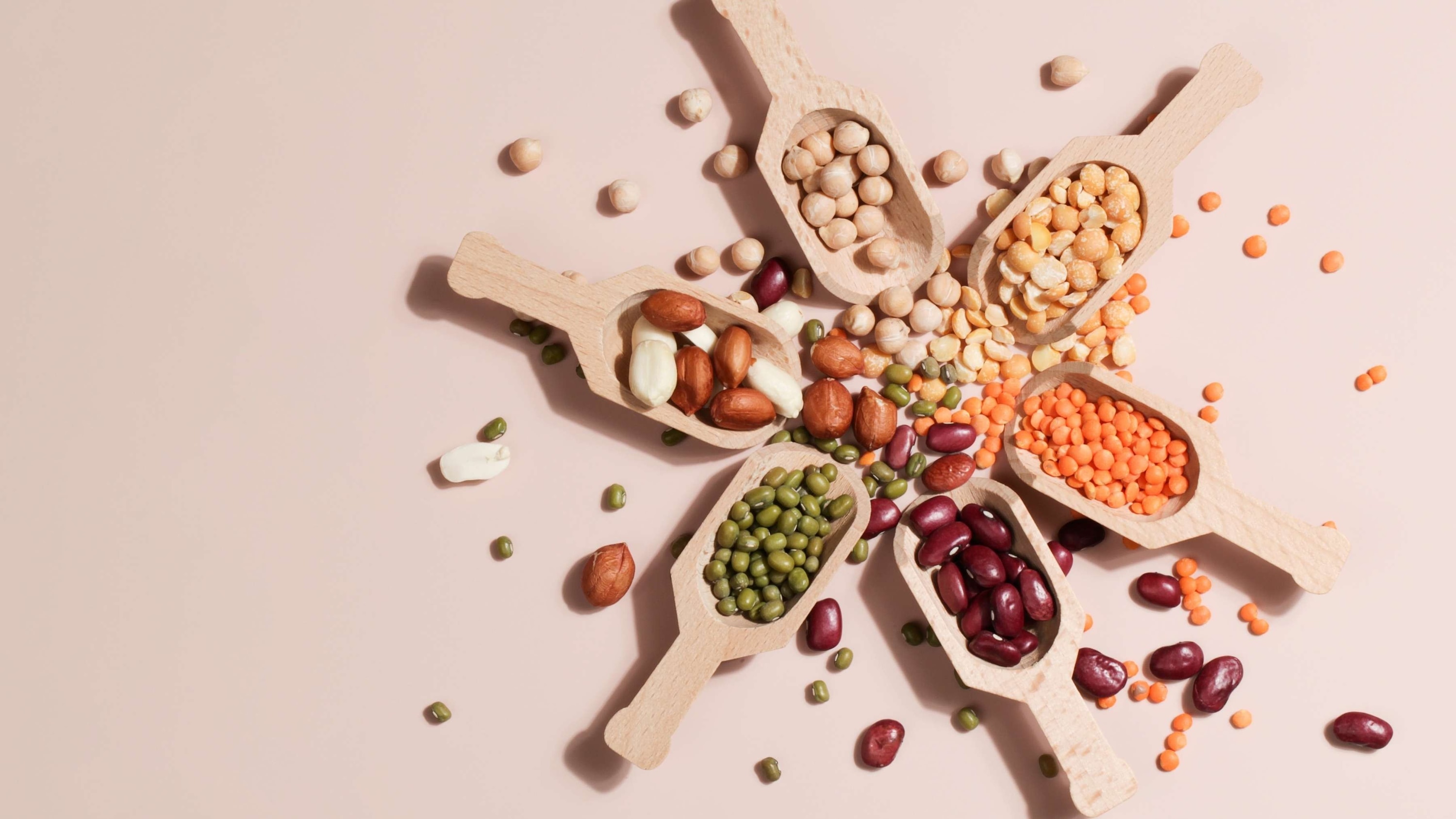Glowing skin, strong nails, and healthy hair aren't just about the right skincare routine—they start from within. One essential nutrient that plays a major role in all three? Biotin (vitamin B7). Known for supporting hair growth, improving nail strength, and boosting skin health, biotin is a daily must-have for your body. This guide breaks down why biotin matters, how to spot a deficiency, and the best food sources to help you glow from the inside out.
Natural Argan Oil & Lavender Sulfate Free Anti-Frizz Shampoo - 400ml
₹658
₹658









